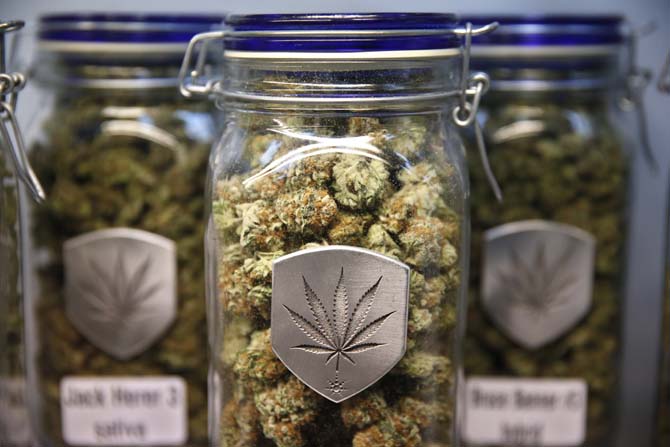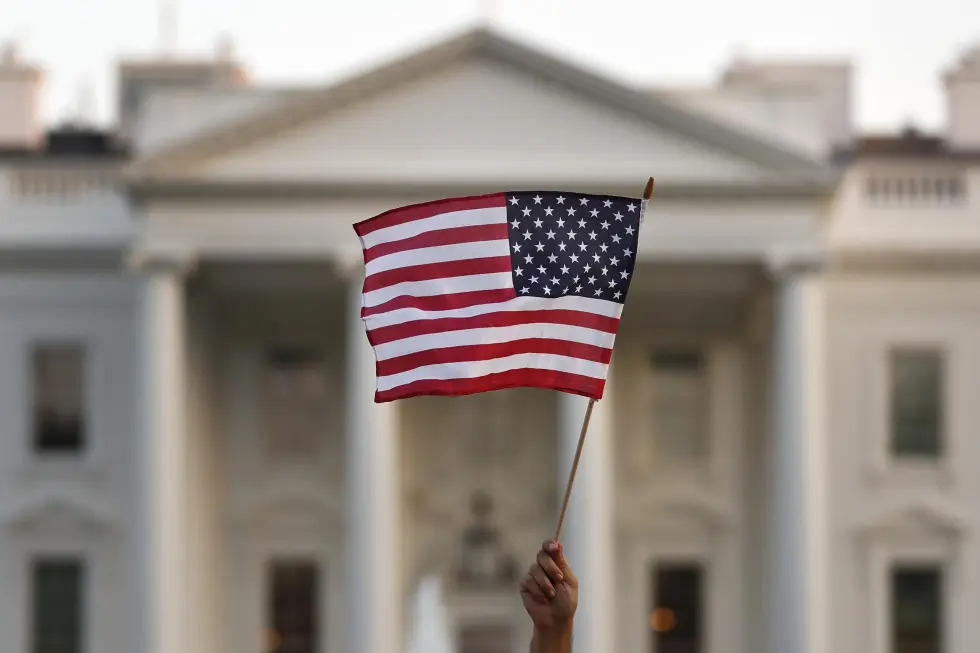House Bill 149, a measure of the Louisiana Legislature that seeks to decrease the penalties incurred by marijuana possession, has passed both of Louisiana’s houses and awaits final approval from the governor. Democratic representative Austin Badon Jr. of New Orleans authored and introduced the bill that will change the way Louisiana prosecutes marijuana offenses and is a step toward remediating the frighteningly high rate of incarceration in our state.
This hard-fought compromise with organizations like the Sheriffs’ Association and the Louisiana District Attorney Association makes important changes to the drug code, especially as it pertains to the apprehension and correction of low-level drug offenses. The long-awaited legislation will relieve pressure from the harsh statutes by which Louisiana currently prosecutes drug offenders.
The Louisiana Department of Corrections imprisons the most citizens per capita of any state according to the National Institute of Corrections. Marijuana offenses attribute about 13,000 arrests to the incarceration rate every year, constituting a major portion of the population of our prisons. The majority of those arrests are made for recreational marijuana possession.
Marijuana arrests routinely ensnare the young; 24 percent of those arrested nationally are under the age of 18, and 70 percent are under 30 years old according to Norml.org. Young people are unfairly targeted in busts with the low-level drug, and the charge can stay with them for the rest of their lives.
Arrests for possession of marijuana are dissonant with the drug’s actual societal impact. Marijuana use is a harmless recreational activity for many occasional users, but the penalties are harsh when they get caught. Strict regulations are unfair and unnecessary. They harm the state rather than protect it from the perceived evils of marijuana use.
The penalties that face those arrested for marijuana possession are steep in Louisiana, justifying up to 20 years in jail for simple possession. Badon’s bill brings that maximum down to eight years, which is still eight times the maximum imposed in most other states according to the American Civil Liberties Union.
Loosened penalties on minor drugs is shown to decrease violent crime and better control the use of the drugs. In Louisiana cities like Baton Rouge,
violent crime is abundant, and the toll that marijuana enforcement takes on local police departments takes away from resources used to prevent more serious criminal activity.
HB149 marks an important step toward healing the wounds suffered from strict regulations and remediating the culture of incarceration in Louisiana. The legislation will reduce fines and
jail sentences, saving the state money and protecting the freedoms of those brought to court on possession charges. Reforming Louisiana’s drug policies and penalties is important to the interests of every citizen and will continue to be a focal point of social action in our state.
David LaPlante is a 20-year-old mass communication senior from Baton Rouge.
Opinion: Easing marijuana penalties remains important
June 22, 2015
FILE – In this Dec. 27, 2013, file photo, different strains of pot are displayed for sale at Medicine Man marijuana dispensary in Denver. Nationwide marijuana legalization seems inevitable to three-fourths of Americans, according to a new poll out Wednesday, April 2, 2014. The Pew Research Center survey on the nation’s shifting attitudes about drug policy also showed increased support for moving away from mandatory sentences for non-violent drug offenders.(AP Photo/Brennan Linsley, File)







